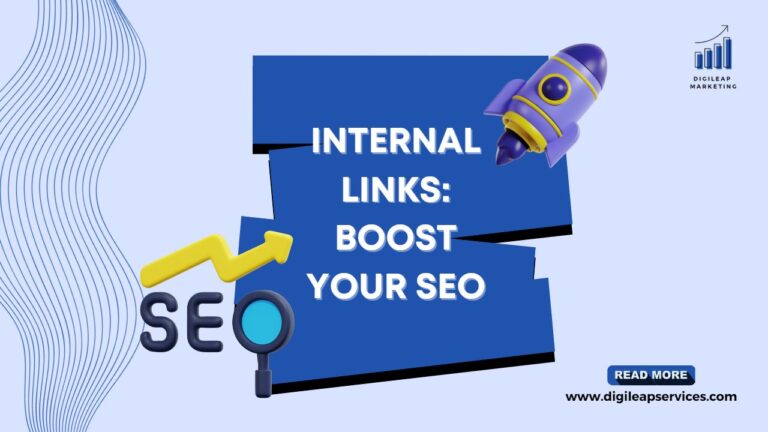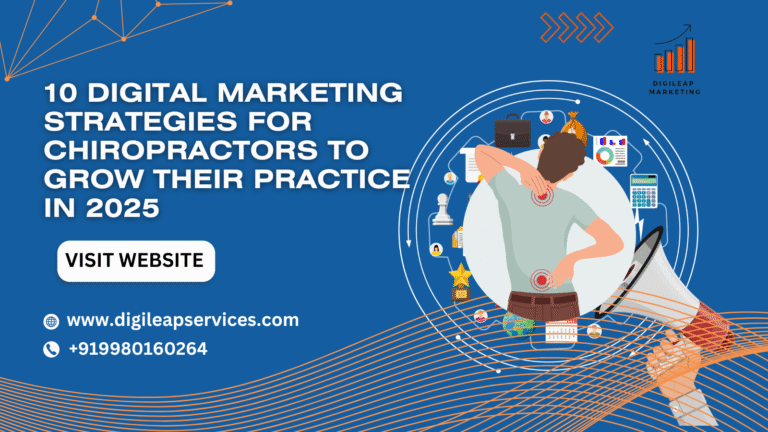How to Build a Real Estate Content Marketing Strategy That Google’s AI & Search Engines Love
Let’s be honest—real estate marketing today isn’t about putting up a glossy billboard or printing a brochure with dreamy villas anymore. Buyers and renters are scrolling, swiping, and searching online before they ever call a realtor. That’s why How to Build a Real Estate Content Marketing Strategy That Google’s AI & Search Engines Love has turned into the big question everyone in real estate is tossing around.
And let’s be real—Google’s algorithm is kind of like that nosy neighbor who peeks over the fence at everything. It notices if your blog actually helps buyers, or if you’re just throwing in fluff to hit a word count. Post something thin or robotic? Boom—you drop in rankings quicker than a listing with bad photos. But when your content feels useful, a little personal, maybe even fun to read… Google smiles on you. And here’s the kicker: so do actual buyers. Because at the end of the day, it’s people who are clicking, sharing, and calling you back—not just an algorithm.(And trust sells houses).
Here’s the deal: according to Statista, 97% of homebuyers used the internet to search for properties in 2023. That’s basically everyone. Which means your content isn’t just “marketing fluff”—it’s the digital foundation of your real estate business.If you need a pointer, Digileap has been helping real estate brands tweak content so it ranks better and still feels human.
Ready to see how it’s done? Let’s dive in.
1. Crafting Content That Actually Ranks
The first step in How to Build a Real Estate Content Marketing Strategy That Google’s AI & Search Engines Love is making sure your content isn’t just words on a page—it has to check all of Google’s boxes while still sounding human.
Keyword Research That Feels Natural
Don’t just stuff secondary keywords like “real estate SEO” or “property marketing online” into every sentence. Google’s AI is smarter than that. Instead, use tools like SEMrush or Google Keyword Planner to find what people actually ask. Then weave them into sentences as if you’re chatting with a friend, not writing a textbook.
Write for Humans First, Algorithms Second
Remember, no one buys a home because a blog ranked high—they buy because the words made them feel something. A blog about “5 Mistakes First-Time Buyers Make” should read like a friend giving advice over coffee, not like a research paper. Google’s AI (and your readers) love that.
Add Multi-Format Content
Blogs are great, but videos, neighborhood guides, and Instagram reels are what get people hooked today. A two-minute “walkthrough” clip of a trendy neighborhood can generate more leads than a thousand-word blog sometimes. Mix it up.
2. Building Authority with Google’s E-E-A-T Principles
Another core part of How to Build a Real Estate Content Marketing Strategy That Google’s AI & Search Engines Love is proving that you’re the real deal. Google doesn’t just want words—it wants signals that you actually know what you’re talking about.
Here’s a quick story. Last year, a mid-sized real estate agency in Pune struggled with web traffic. Their blogs were generic, and Google kept pushing them down. Instead of giving up, they tried something different: they filmed short client stories. One video featured a young couple explaining how they found their first apartment under budget. Guess what? That single piece of content started pulling in more organic leads than their last five blogs combined. Why? Because it screamed experience and authenticity—the very things Google’s AI eats up.
Share First-Hand Experience
Don’t be shy about sharing war stories. If you’ve helped someone negotiate a better mortgage rate or guided an NRI client through virtual tours, talk about it. This isn’t bragging; it’s proof. Both your audience and Google want that.
Showcase Expertise with Data
Sure, stories work—but sprinkle in solid data too. For example, Statista notes that the global real estate sector is projected to hit $637.7 billion by 2025. Numbers like that show you’re not just winging it.
Build Trust Through Reviews and Testimonials
Let’s be real: no one trusts a realtor who says “I’m trustworthy.” They trust the clients who say it for you. Google reviews, LinkedIn shoutouts, video testimonials—those carry more weight than any polished tagline.
3. Keeping Content Fresh and Future-Proof
The final piece of How to Build a Real Estate Content Marketing Strategy That Google’s AI & Search Engines Love is making sure your content doesn’t go stale. Google rewards freshness.
Jump on Emerging Trends
Virtual tours, drone footage, and AI-powered mortgage calculators are no longer “extras”—they’re expected. If your competitors are offering 3D tours and you’re still posting text-only blogs, guess who wins?
Update Content Regularly
An old blog about “2021 Housing Market Trends” won’t cut it in 2025. Set a schedule to refresh old content—update stats, add new examples, tweak keywords. Google notices. So do readers.
Use Local SEO to Stay Relevant
Most real estate is hyper-local. If you’re selling in Manchester, talk about Manchester schools, parks, or new subway lines. Drop secondary keywords like “local property marketing” naturally. It’s how you connect with actual buyers Googling “best neighborhood in Manchester for families.”
4. Storytelling That Makes Buyers Stick Around
Funny thing is, people don’t remember stats half as much as they remember stories. Think about it: which sticks more in your head—“housing demand is up 6% this year” or “a young couple finally got their dream 2BHK after months of heartbreak”? Exactly.
Use Real Client Journeys
Instead of generic lines like “we help families find homes,” talk about a real journey. “One client almost gave up on house-hunting until we showed them a hidden gem in their budget.” That’s the kind of detail readers lean into.
Add a Human Voice
Skip the jargon. Instead of writing “leverage omni-channel strategies,” just say, “be where your buyers are—whether that’s Instagram reels or Google search.” Google’s AI (ironically) prefers this simple, human tone.
Keep It Relatable
Imagine writing a blog post that says: “We know your mother-in-law will ask about parking space—so here’s the lowdown on neighborhoods with wide driveways.” It’s relatable, it’s funny, and it’s real. Readers share that stuff, and Google notices the engagement.
TL;DR – Quick Recap
The heart of How to Build a Real Estate Content Marketing Strategy That Google’s AI & Search Engines Love is blending authentic, human content with smart SEO.
Use secondary keywords naturally, never stuffed.
Build authority through experience, data, and trust signals.
Stay fresh: update content, use new media formats, and lean on local SEO.
Remember: content isn’t for Google—it’s for people. Google just happens to reward people-first content.
Conclusion
End of the day, real estate content marketing isn’t some trick to “game” Google. It’s about starting a connection online long before you ever meet a buyer face to face. Focus on real stories, keep it authentic, and mix in smart SEO—and you’ll notice both Google and your audience paying attention. Digileap has shown that even small shifts in approach can spark bigger visibility and better leads. Want to stay ahead? Take a peek at Google’s content guidelines and start shaping your own playbook.












